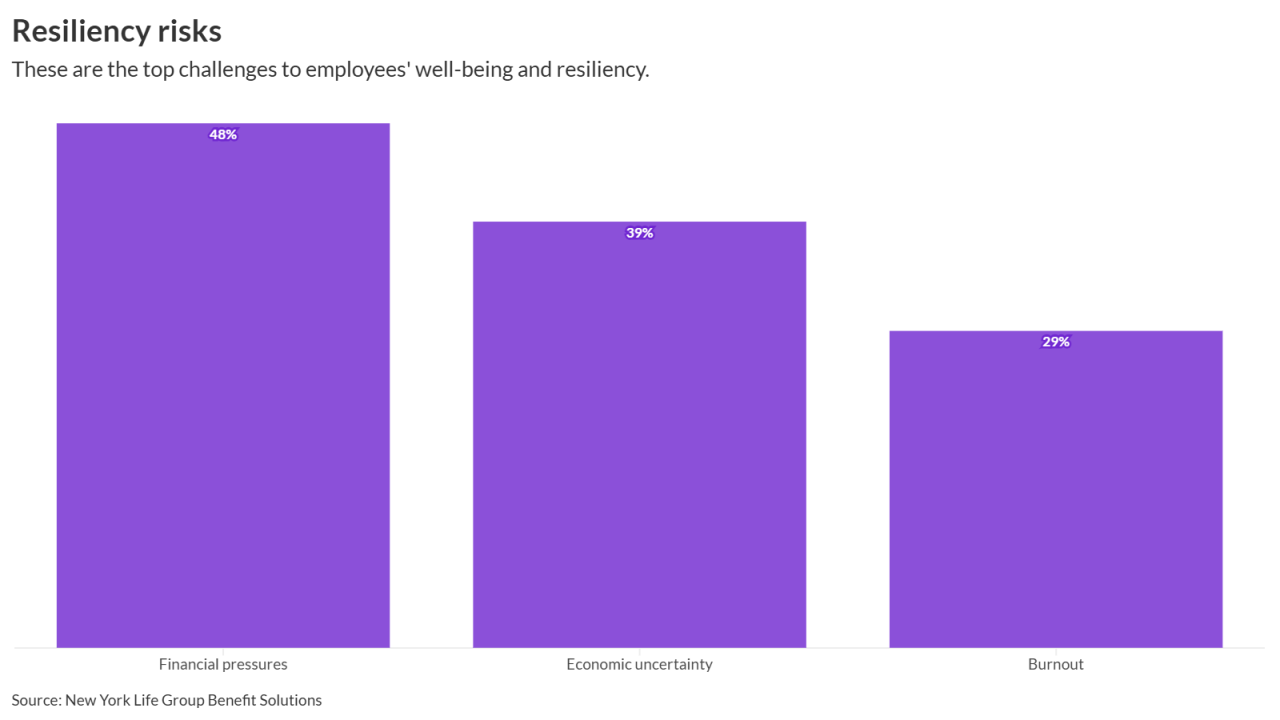One of Americas most enduring mysteries is why the organizations that pay for most health care dont work together to force better value from the health care industry.
We pay double for health care what our competitors in other developed nations do, but studies show that
Decades of these behaviors have made health care cost growth the most serious threat to America's national economic security.
Health care costs have been particularly corrosive to business competitiveness. Three-fourths of CFOs now
The health care industrys efforts to maximize revenues have been strengthened by its lobby, which spins health policy to favor its interests. In 2009, as the Affordable Care Act was formulated, health care organizations fielded eight lobbyists for every Congressional representative, providing an unprecedented
Also see:
Health care is now Americas largest and most influential industry, consuming almost one dollar in five. Only one group is more powerful, and that's everyone else. Only if America's non-health care business community mobilizes on this problem, becoming a counterweight to the health care industry's influence over markets and policy, can we bring health care back to rights.
In every community, employers represent loose groupings of lives covered by health benefits, each with different approaches and results on health outcomes and cost. There are few standards and divergent opinions mostly based on ideology rather than evidence on plan structure, service offerings, cost sharing, incentives and many other variables.
Business health coalitions represent the opportunity for health care purchasers to collaborate and become more consistent. They can move collectively toward best practice and market-based leverage, with better health outcomes at lower cost. Coalitions like those in
Another critical missing component has been the direct involvement of business leaders. Many senior executives may not fully appreciate health cares often blatant inappropriateness, and possibly havent thought through the scale of financial impact on their own businesses and the larger economy.
It will take businesses collaborating, harnessing their immense purchasing power, to disrupt health cares institutionalized mechanisms of excess. By leveraging their collective strength, purchasers can convey that health care profiteering will no longer be tolerated, and that Americas economic success is dependent on the right care at much fairer pricing.
These goals are worth pursuing for our employees and their families, our businesses and the country. And we call on Americas employers to join us.
Brian Klepper, PhD, is chief executive officer,




